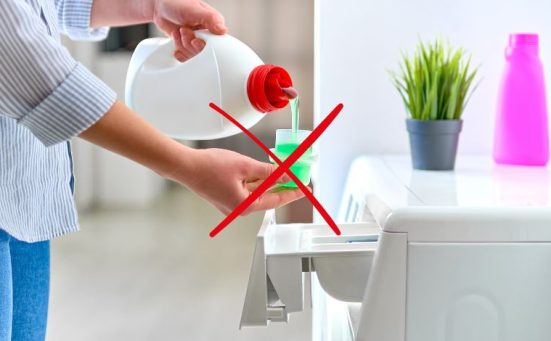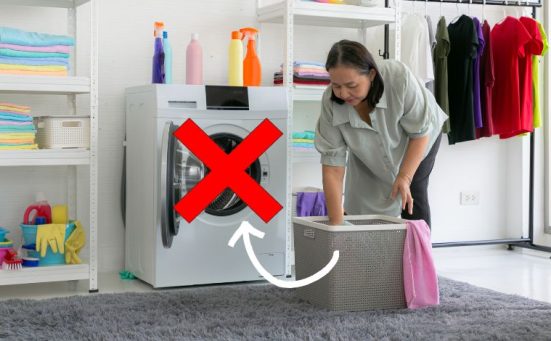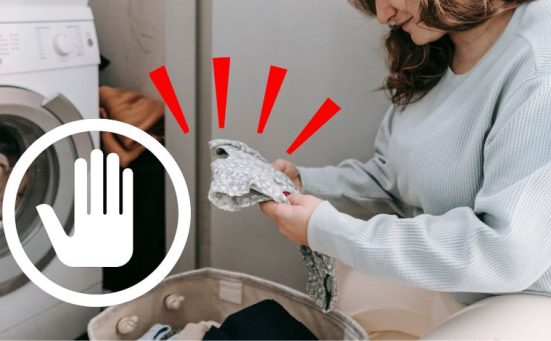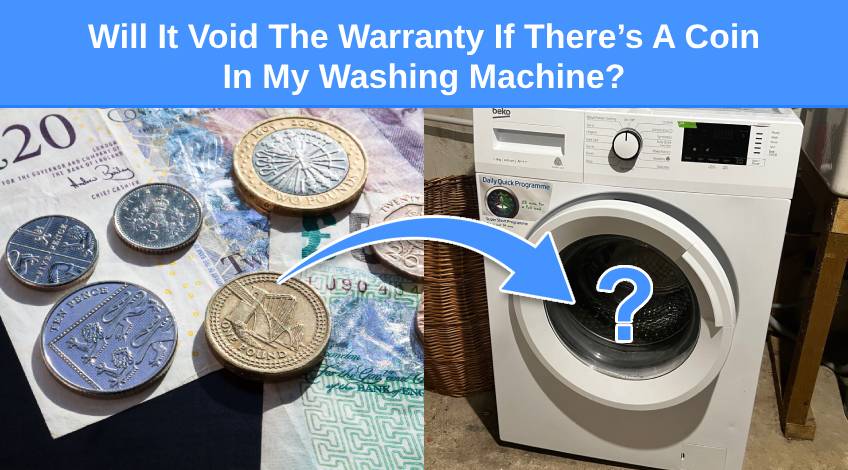
Will It Void The Warranty If There’s A Coin In My Washing Machine?
When you are looking for a new washing machine, if you’re anything like me, you’re looking for value for money, energy efficiency and certain features that I’ve gotten used to on my old appliance. The one thing we typically don’t pay much attention to is the warranty or guarantee.
The direct answer to whether the manufacturer will charge for a call out if they find a coin in the machine is yes, they most probably will. In some cases it depends on what damage the coin has done. Or to put it another way, how serious a problem it has caused.
For instance if the only issue is the drain filter is clogged, the technician might feel it’s not worth creating a bad feeling by refusing to do the work under the warranty. However, in extreme cases, a loose coin could tear a hole in the tub or outer drum.
Keep reading to find out more.
What Is Not Covered By A Washing Machine Warranty?
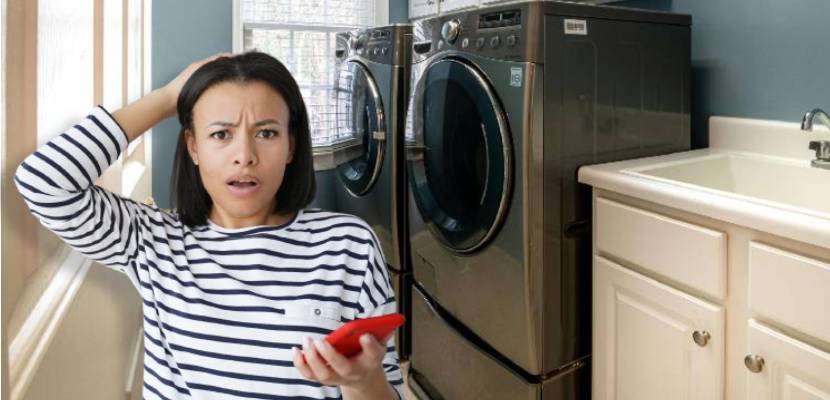
You should always check any warranty agreement before entering into it because you could be sorely disappointed when you try to make a claim. So let’s have a look at what is not covered by a typical washing machine warranty.
Mains Supply & Voltage
It’s obvious when you stop to think about it, but the manufacturer will not be responsible for the mains supply or any issues with the voltage in your home.
If either of these problems causes a fault in your washer, you will not be covered by the manufacturer’s warranty. This would include trying to run a washing machine from an extension cord for example.
If the electricity supply to your home is not up to scratch or your home needs rewiring, any damage caused to the washing machine as a result, will not be covered.
Water Supply & Drainage

Just like the electricity supply, it’s up to the homeowner to ensure that the water supply and drainage system meet the minimum requirements of the appliance. If the washer develops a fault and the engineer discovers that the cause was not something to do with the appliance, but was in fact due to an incorrect water supply or bad drainage, your warranty will not cover the cost.
Plus there’s a good chance that as the washing machine engineer is not a plumber, you still won’t be able to use your washer and you’ll be liable to the cost of the call out.
Before calling an engineer, check that the water supply is adequate and that the drainage system that the washer is connected to is working properly.
Installation
If you fail to install your washing machine correctly for any reason, you will not be covered under the warranty for any call out. For instance if you fail to remove all of the transit bolts and use the washer and it becomes damaged.
That would be classed as incorrect installation and not down to the manufacturer at all. Or if you have connected the inlet hose to a hot water supply on a cold fill only washer.
Once again any subsequent damage would be classed as incorrect installation and you would not only have to pay for the call out charge and engineer’s time, you would also have to pay for any repairs needed to put the washer right.
Other installation problems that can disqualify the warranty include;
- Installing the washer in an area of high humidity and the electronics fail or the appliance becomes unduly rusty.
- Installing the washer in a cold garage and damage is caused due to the pump freezing.
Blocked Hoses
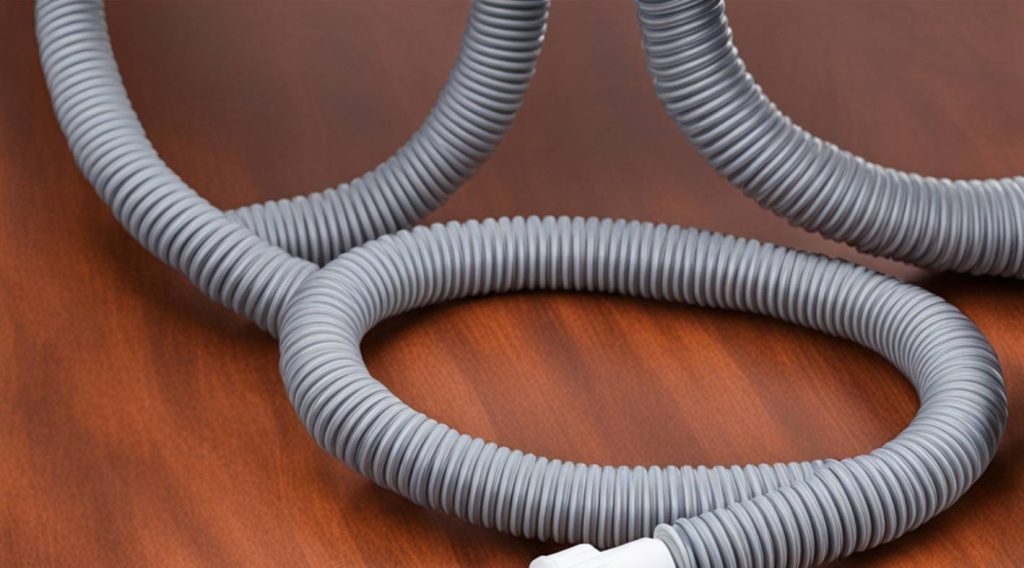
A typical washing machine warranty doesn’t cover blockages because the blockage would have been caused by something the user has put in the machine. This could be our old friend the coin again or something else like powdered detergent that has been allowed to build up in the dispenser or tubes and hoses of the machine.
Even socks or other small items which could cause a blockage in the machine somewhere will not be covered on the manufacturer’s warranty. Manufacturers all agree that small items should be placed in washable mesh bags for safety.
Failing to do this is classed as negligence and not the responsibility of the manufacturer. The only exception to this is if a part or component of the washer has broken off and is causing the blockage.
This would fall under the responsibility of the manufacturer and be covered by the warranty.
Damage To Clothes

In almost all cases, if items of clothing become damaged in a washing machine it’s because of user error. And user error is not the responsibility of the manufacturer.
If for example, you cram as much laundry into the drum as you can and something tears during the rough and tumble of the cycle, the manufacturer will argue that you shouldn’t have crammed so much into the appliance.
If items become damaged during a wash cycle and you used an incorrect cycle or temperature setting contrary to the garment’s wash care label, it’s your fault for not following the care label’s advice.
You may also have used the wrong type of detergent or added a fabric softener against the advice of the wash care label. This is not the fault of the washing machine manufacturer either.
Old Age And Wear & Tear
The majority of washing machine warranties will not cover their product for old age or wear and tear. Washing machines are made up of numerous parts and components all of which will break down at some point.
This is true of all electrical equipment and it is unreasonable to expect any working part to last forever. With that said, you should expect a replacement part if the washer is under 12 months old.
But you wouldn’t expect your new car to be covered for tyres, oil filters or brake linings if you regularly clock up 2000 miles of travel per week. So why should your washing machine?
Incorrect Call Out
If you call out an engineer and it turns out that there’s no fault found, you can expect to be charged for the call out. Likewise, if the fault is found to be user error and not a manufacturing fault you will also be charged for the call out.
So What Is Covered By A Washing Machine Warranty
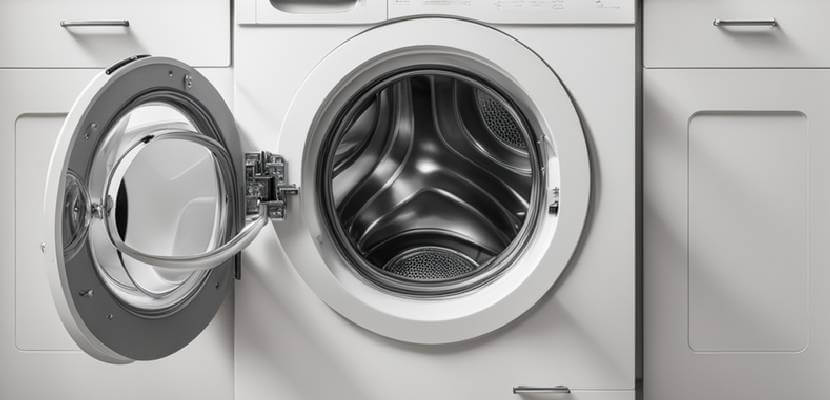
Most washing machine warranties cover the appliance for a set period of time, with many having the option to extend the cover for a further period. But what exactly is covered by a washing machine manufacturer’s warranty?
Washing machine manufacturers warranties generally cover two main areas which are;
- Electrical Faults
- Mechanical Faults
This means that if an electrical part or mechanical part develops a fault under normal operating procedures, the manufacturer will cover the cost of replacing or repairing that part.
However, if they can prove that you have caused the part to fail by using the appliance incorrectly or due to one of the other circumstances mentioned above, they can refuse to cover the cost and you’ll need to solve the issue another way.
Why Do Manufacturer’s Warranties Only Cover A Limited Range?
To make a warranty appear attractive to the customer, the manufacturer needs to keep the cost low. If they were to cover your appliance for absolutely everything, the cost of the warranty would be astronomical.
And not just the cost of the extra warranty either, if they covered every part on a new washer, washing machines would cost far more than they already do.
What To Check Before Contacting The Manufacturer

If you find a problem with your appliance, I recommend contacting the manufacturer and describing whatever the fault is and asking them if there’s anything you can do to fix it yourself. The majority of manufacturers will be happy to assist you and many minor issues can be solved at home without the need for an engineer.
This may be all that’s needed for them to help you fix the fault without having to send an engineer only to find a “non-fault”. If this were to happen there’s a good chance you would be unhappy and give the company a poor review as well as arguing about the charge for a “non-fault” call out.
Any decent manufacturer will have skilled engineers available to help with any problems you may have. In the long run this saves them time and money as they often won’t need to send someone to your home.
One of the main causes for “non-fault” callouts is people not being familiar with how their new appliance works. Many modern washers operate in very different ways to the washers of yesteryear.
I recommend thoroughly reading the user manual that was supplied with your new washing machine. This will give you some insight into how to use it correctly.
Which could save you time, energy and money as well as preventing stress and anxiety.
Can You Claim On Household Insurance Policies For Damage To Washing Machines?
If you took out the extended warranty on your washer when you purchased it, you might be covered for something like damage caused by a coin under the accidental cover section of the policy.
If not, it’s worth checking your household insurance. If you have accidental cover on your household policy, there’s a chance that your washing machine might be covered on that.
However, you should check the smallprint before entering into any claim.
SEE ALSO: Washing Machine Sounds Like Gravel? (here’s why & what to do)
Frequently Asked Questions
If you put coins in a washing machine you could cause serious damage to the washer. The coin could clog the drain filter which could lead to the washer leaking and flooding your home, or the coin could tear the outer tub causing irreparable damage to the machine.
There are several things that could void a washing machine warranty from incorrect installation, failing to maintain the appliance properly, faulty home electrics, a faulty drainage system, inadequate water supply, or even overloading the drum.
A typical washing machine warranty provides cover for defective electrical and mechanical parts as well as material defects and manufacturer errors.
Also, follow us on Pinterest ...

